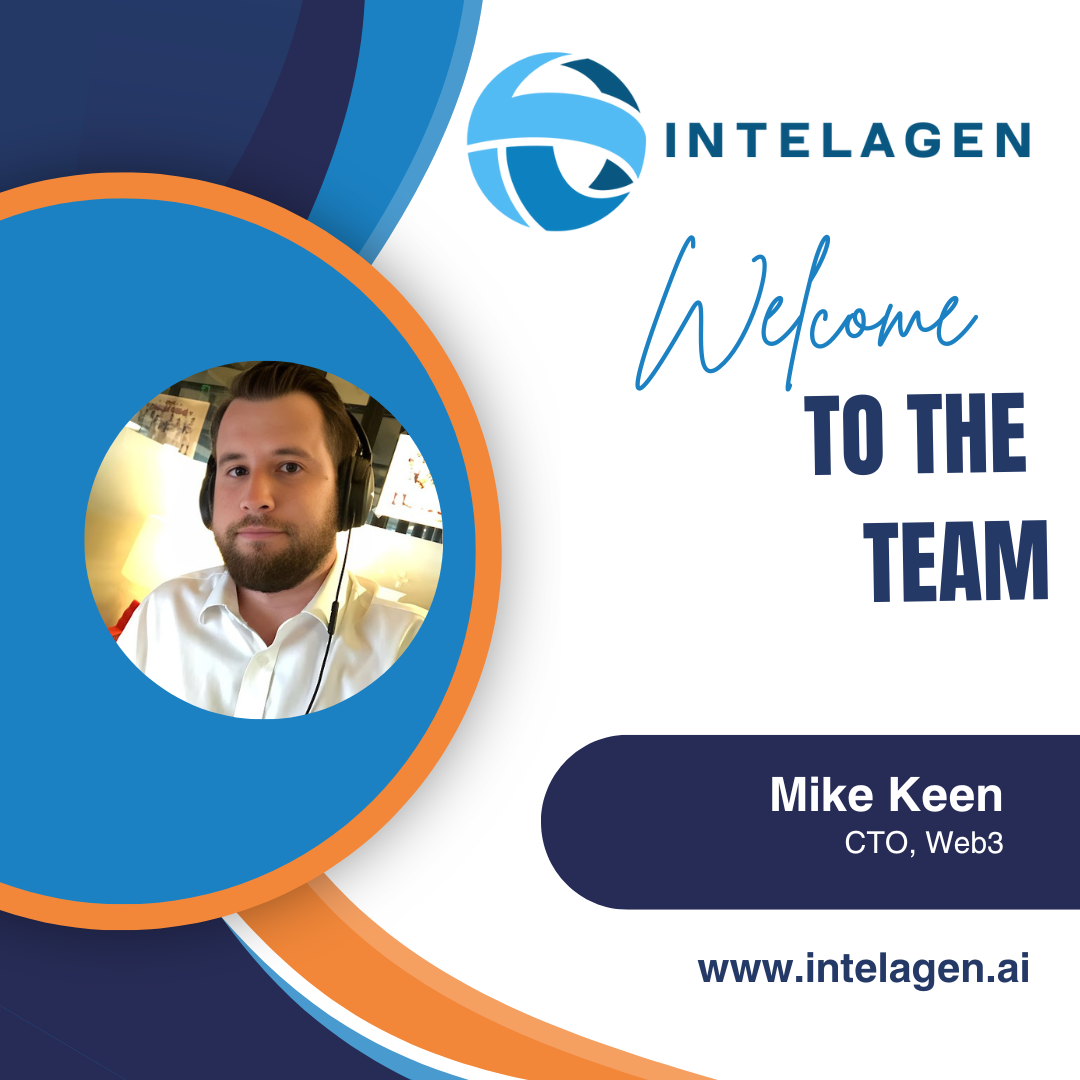TECHNOLOGY CONSULTING
Cloud & DevOps
Cloud & DevOps Services
Cloud
Migration

Application
Modernization

Cloud Native Development

Cloud Managed Services

Cloud Migration
Working closely with you, we craft a thorough roadmap, irrespective of your migration destination. Guiding you every step of the way, akin to a seasoned Sherpa, we ensure a successful transition, maximizing benefits and delivering the promised ROI.
Business Challenges Addressed with Cloud Migration
Cloud migration allows businesses to scale their infrastructure up or down based on demand, avoiding the need for costly upfront investments in hardware.
Moving to the cloud can result in cost savings by eliminating the need for on-premises hardware, reducing maintenance costs, and offering pay-as-you-go pricing models.
Cloud migration enables businesses to quickly provision and deploy resources, allowing them to respond rapidly to changing market conditions and customer demands.
Cloud providers offer robust disaster recovery and backup solutions, ensuring data redundancy and minimizing downtime in the event of a disaster.
Cloud providers invest heavily in security measures, including encryption, access controls, and threat detection, helping businesses improve their overall security posture.
Cloud migration enables businesses to expand their reach globally by leveraging cloud providers’ global network infrastructure and data center locations.
Moving to the cloud allows businesses to modernize their IT infrastructure, adopting new technologies and approaches such as serverless computing, containers, and microservices architecture.
Cloud-based tools and platforms facilitate collaboration among remote teams, enabling employees to access and share data and applications from anywhere, at any time.
Cloud providers offer compliance certifications and tools to help businesses meet regulatory requirements and enforce governance policies.
Cloud migration enables businesses to leverage cloud-based data management and analytics services, allowing them to derive insights from large volumes of data and make data-driven decisions.
Our Solutions for
Cloud Migration
Cloudbench conducts assessments to evaluate the readiness of businesses for cloud migration. This includes analyzing current IT infrastructure, applications, and business processes to identify readiness factors and potential challenges.
Cloudbench works with businesses to develop comprehensive cloud migration strategies and roadmaps aligned with business objectives. This involves defining migration priorities, selecting appropriate cloud providers, and outlining a phased approach to migration.
Cloudbench’s consulting services include designing cloud architectures optimized for performance, scalability, and cost-effectiveness. This involves selecting cloud services and technologies that meet business requirements and integrating them into a cohesive architecture.
Cloudbench assists businesses in planning and executing cloud migration projects. This includes assessing migration risks, developing migration plans, and executing migrations with minimal disruption to business operations.
Cloudbench helps businesses modernize their applications for the cloud, including refactoring, rearchitecting, or rebuilding applications to leverage cloud-native features and capabilities.
Cloudbench assists businesses in migrating data to the cloud and implementing cloud-based data management solutions. This includes data cleansing, transformation, and synchronization to ensure data integrity and consistency in the cloud environment.
Cloudbench’s consulting services include implementing cloud security controls and compliance frameworks to protect data and ensure regulatory compliance in the cloud. This involves configuring access controls, encryption, and monitoring tools to detect and respond to security threats.
Cloudbench helps businesses optimize cloud costs by analyzing usage patterns, rightsizing resources, and implementing cost management strategies. This includes leveraging cloud cost management tools and best practices to minimize spending while maximizing value.
Cloudbench assists businesses in establishing cloud governance frameworks and operational processes to manage cloud resources effectively. This includes defining policies, roles, and responsibilities, and implementing automation for cloud provisioning and management.
Cloudbench helps businesses establish a Cloud CoE to drive cloud adoption and governance across the organization. This involves assembling a multidisciplinary team of cloud experts, defining best practices and standards, and providing guidance and support for cloud initiatives.
Cloudbench helps businesses monitor and optimize data pipelines for performance, reliability, and cost-effectiveness. This involves implementing monitoring tools and processes to track pipeline performance, identify bottlenecks, and optimize resource utilization.
Our Foundry’s services include implementing cloud-based data management solutions, leveraging cloud platforms for data storage, processing, and analytics. This involves designing cloud data architectures, implementing data pipelines, and optimizing cloud resources for scalability and cost-efficiency.
Application Modernization
We maximize the capabilities of your IT infrastructure by transforming legacy systems into agile, cloud-native applications. This provides unmatched scalability, security, and user experiences, helping you outpace the competition, optimize operations, and fully leverage your digital assets.

Business Challenges Addressed with Application Modernization
Legacy applications require ongoing maintenance and support, which can be costly and time-consuming for businesses.
Legacy applications may lack scalability, making it challenging for businesses to accommodate growing user demands and data volumes.
Legacy applications may not be compatible with modern technologies, platforms, or operating systems, leading to integration challenges and limited interoperability.
Legacy applications may have security vulnerabilities due to outdated code, lack of security features, or unsupported software components, putting sensitive data at risk.
Legacy applications are often monolithic and rigid, making it difficult for businesses to adapt to changing market dynamics, customer needs, and technological advancements.
Legacy applications may offer outdated user interfaces and limited functionality, resulting in poor user experience and decreased productivity.
Legacy applications may create data silos, where data is fragmented and inaccessible across different systems, hindering data-driven decision-making and business agility.
Legacy applications may not meet modern regulatory requirements, leading to compliance issues and potential legal risks for businesses.
Businesses may face vendor lock-in with proprietary software vendors, limiting their flexibility and ability to innovate.
Application modernization projects require significant investments in terms of time, resources, and budget, which may pose challenges for businesses with limited resources or competing priorities.
Our Solutions for
Application Modernization
Cloudbench conducts assessments of existing applications to identify areas for modernization and develop comprehensive modernization strategies aligned with business goals.
Cloudbench analyzes legacy applications to understand their architecture, dependencies, and business logic, identifying opportunities for refactoring, re-platforming, or rebuilding.
Cloudbench assists businesses in migrating legacy applications to cloud platforms, developing migration plans, and executing migrations with minimal disruption to business operations.
Cloudbench’s consulting services include designing and optimizing application architectures to leverage modern technologies and best practices, such as microservices, containers, and serverless computing.
Cloudbench helps businesses select appropriate technologies and tools for application modernization projects, integrating them into existing IT ecosystems and ensuring compatibility with business requirements.
Cloudbench develops API strategies and design and implement APIs to enable integration and interoperability between modernized applications and other systems.
Cloudbench redesigns user interfaces and user experiences for modernized applications, focusing on usability, accessibility, and responsiveness to improve user satisfaction and productivity.
Cloudbench modernizes data architectures and migrates data from legacy systems to modern data platforms, ensuring data integrity, security, and compliance.
Cloudbench conducts testing and quality assurance activities throughout the application modernization process, ensuring that modernized applications meet performance, reliability, and security requirements.
Cloudbench provides change management support and training programs to help businesses adapt to modernized applications, educating users and stakeholders on new features, functionalities, and workflows.
Cloudbench helps businesses establish processes for continuous improvement and innovation in application modernization efforts, monitoring performance metrics, gathering feedback, and implementing iterative improvements to optimize application performance and user satisfaction.
Cloud Native Development
We specialize in crafting modern applications that scale and evolve to meet your evolving needs. Unlike inflexible legacy systems that impede growth, stifle innovation, and leave you susceptible to market fluctuations, our robust and flexible applications empower your business to swiftly adapt, accelerate innovation, and enhance cost efficiency.
Business Challenges Addressed with Cloud Native Development
Cloud-native development allows applications to scale dynamically based on demand, ensuring optimal performance during peak usage periods and reducing the risk of downtime.
Cloud-native architectures enable rapid development and deployment of new features, allowing businesses to respond quickly to changing market conditions and customer demands.
Cloud-native applications are designed to be resilient to failures, with built-in redundancy and failover mechanisms that ensure high availability and reliability.
Cloud-native development often utilizes pay-as-you-go pricing models, allowing businesses to optimize costs by only paying for the resources they use.
Cloud-native development enables agile development practices such as continuous integration and continuous delivery (CI/CD), allowing businesses to deliver new features and updates to customers more frequently and predictably.
Cloud-native applications are designed to be portable across different cloud environments, allowing businesses to avoid vendor lock-in and take advantage of the best features and pricing options from multiple cloud providers.
Cloud-native architectures incorporate modern security best practices, such as encryption, identity and access management (IAM), and network segmentation, to protect against security threats and data breaches.
Cloud-native development encourages a DevOps culture, fostering collaboration and communication between development and operations teams to streamline the software delivery process and improve overall efficiency.
Cloud-native development enables businesses to leverage emerging technologies such as containers, microservices, and serverless computing to drive innovation and create differentiated products and services.
Adopting cloud-native development practices can provide businesses with a competitive advantage by enabling them to innovate faster, respond to customer needs more effectively, and deliver better user experiences than competitors relying on traditional development approaches.
Our Solutions for
Cloud Native Development
Cloudbench helps businesses develop a comprehensive strategy and roadmap for cloud-native development, aligning technology initiatives with business goals and objectives.
Cloudbench assists in designing and optimizing cloud-native architectures, leveraging microservices, containers, and serverless computing to improve scalability, resilience, and agility.
Cloudbench’s consulting services include containerization of applications using platforms like Docker and Kubernetes, enabling portability, scalability, and automation of deployment and management processes.
Cloudbench helps businesses design and implement microservices architectures, breaking down monolithic applications into smaller, independently deployable services to improve flexibility, scalability, and development velocity.
Cloudbench assists in implementing DevOps practices and culture, fostering collaboration between development and operations teams to automate software delivery pipelines, increase release frequency, and improve overall efficiency.
Cloudbench helps businesses implement CI/CD pipelines to automate testing, deployment, and delivery processes, enabling faster time-to-market and more reliable software releases.
Cloudbench’s consulting services include cloud-native application development, using modern programming languages, frameworks, and tools to build scalable, resilient, and cloud-native applications.
Cloudbench assists in migrating and modernizing existing applications to cloud-native architectures, refactoring or rearchitecting applications to take advantage of cloud-native principles and technologies.
Cloudbench helps businesses implement security best practices and compliance controls in cloud-native environments, addressing security threats, data protection, and regulatory requirements.
Cloudbench’s consulting services include training programs and workshops to educate development teams on cloud-native development practices, tools, and technologies, enabling them to build and operate cloud-native applications effectively.
Cloudbench optimizes the performance of cloud-native applications by tuning configurations, optimizing code, and implementing caching and other performance-enhancing techniques.
Cloudbench assists in implementing monitoring and observability solutions to track the health, performance, and availability of cloud-native applications, enabling proactive problem detection and resolution.
Cloud Managed Services
Ensure the Security and Continuity of Vital Operations with Cloud Managed Services from Cloudbench. Our hands-on-keyboard, break-fix support ensures uninterrupted availability and uptime, safeguarding your essential workloads.
Business Challenges Addressed with Cloud Managed Services
Cloud managed services ensure continuous availability and uptime of critical workloads, minimizing downtime and ensuring business continuity.
Cloud managed service providers implement robust security measures to protect data and applications in the cloud, addressing security threats and ensuring compliance with regulatory requirements.
Cloud managed services enable businesses to scale resources up or down based on demand, ensuring optimal performance and cost efficiency.
Cloud managed service providers help businesses optimize cloud spending by monitoring usage, identifying cost-saving opportunities, and implementing cost management strategies.
Cloud managed service providers offer access to skilled professionals with expertise in cloud technologies, alleviating the burden of hiring and retaining in-house IT talent.
Cloud managed services leverage automation tools and processes to streamline cloud management tasks, reducing manual effort and improving operational efficiency.
Cloud managed service providers implement disaster recovery solutions to protect against data loss and ensure business continuity in the event of a disaster.
Cloud managed service providers help businesses maintain compliance with industry regulations and standards by implementing security controls and monitoring compliance requirements.
Cloud managed services include monitoring and performance optimization to proactively identify and address issues, ensuring optimal performance of cloud resources.
Cloud managed service providers handle vendor relationships and service agreements, simplifying vendor management and ensuring seamless integration of cloud services.
Our Solutions for
Cloud Managed Services
Cloudbench firms conducts assessments of existing cloud environments, identify areas for improvement, and develop comprehensive strategies for cloud managed services aligned with business objectives, including SRE principles for reliability and scalability.
Cloudbench assists businesses in migrating workloads to the cloud and onboard them onto managed services platforms, ensuring a smooth transition and minimal disruption to operations, while incorporating SRE practices for resilience and fault tolerance.
Cloudbench consulting services include designing and optimizing cloud architectures for improved performance, scalability, and cost efficiency, leveraging managed services offerings from cloud providers, with a focus on SRE principles for reliability and automation.
Cloudbench helps businesses implement robust security controls and compliance measures in the cloud, including identity and access management, data encryption, and threat detection, while integrating SRE practices for incident response and security automation.
Cloudbench helps businesses optimize cloud spending by monitoring usage, identifying cost-saving opportunities, and implementing cost management strategies, such as preemptible/spot instances, and resource tagging, with consideration for SRE principles for efficiency and cost-effectiveness.
Cloudbench assists in monitoring and optimizing the performance of cloud resources, identifying bottlenecks and inefficiencies, and implementing performance optimization techniques to ensure optimal performance and reliability, while incorporating SRE practices for monitoring and observability.
Cloudbench’s consulting services include designing and implementing disaster recovery solutions in the cloud, such as backup and restore, failover, and data replication, to ensure business continuity and minimize downtime in the event of a disaster, with a focus on SRE principles for reliability and resilience.
Cloudbench handles vendor relationships and service agreements on behalf of businesses, ensuring compliance with service-level agreements (SLAs) and seamless integration of managed services offerings from multiple cloud providers, while incorporating SRE practices for vendor management and service reliability.
Cloudbench provides training programs and workshops to educate IT teams and stakeholders on cloud managed services offerings, best practices, and operational procedures, including SRE principles for reliability engineering and automation.
Cloudbench’s consulting services include providing round-the-clock support and maintenance for cloud environments, offering hands-on-keyboard support, troubleshooting, and break-fix services to ensure continuous availability and uptime of critical workloads, with consideration for SRE practices for incident response and resolution.


